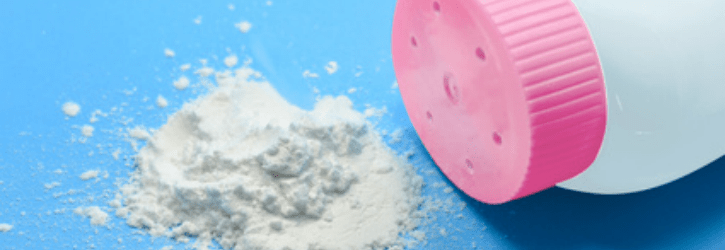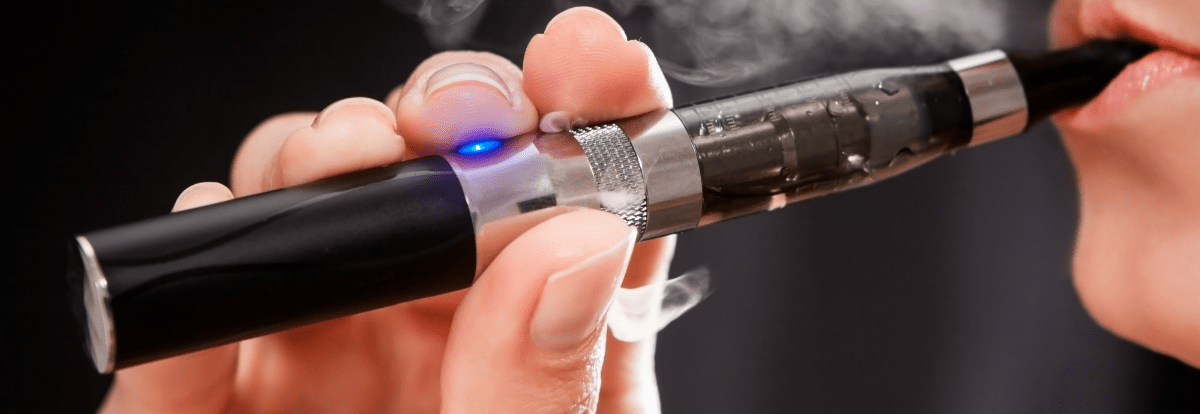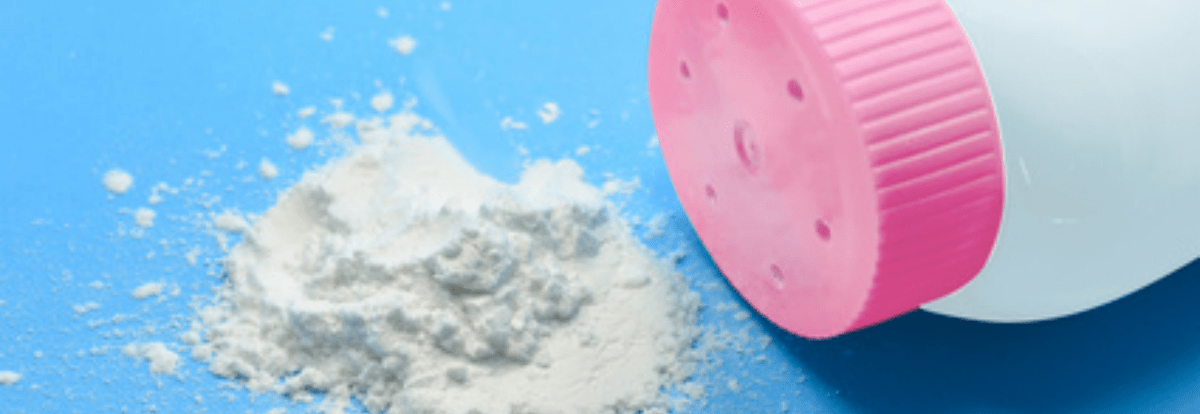
J & J reportedly loses mistrial bid in asbestos talcum powder case
J & J has reportedly lost a mistrial bid in an asbestos talcum powder trial in America. The legal team representing Johnson & Johnson – a pharmaceutical and medical manufacturing giant – reportedly took issue with comments made by the lawyers fighting for compensation for a male claiming damages for asbestos-related illness that he alleges was caused by the use of J & J talcum powder.
Talcum powder has been linked with the dangerous cancer mesothelioma, which can be caused by exposure to asbestos, and a number of legal claims have seen some success in finding J & J liable for allowing their talcum powder products to contain the dangerous substance that is mined closely to where talc is produced.

Pelvic mesh devices “rushed to market” without proper testing and warnings
Some pelvic mesh devices were reportedly “rushed to market” without proper testing and warnings for women, the legal team for a Claimant pursuing damages for pelvic mesh injuries claims.
According to the reports, manufacturer C.R. Bard moved pelvic mesh devices to market quickly and failed to properly test the devices and provide sufficient warnings over their use.
The Claimant alleges that the ‘Avaulta Solo Support System’ and the ‘Align Trans-Obturator Urethral Support System’ are unsafe, and inadequate warnings were provided to her. She has reportedly suffered debilitating injuries.
Continue Reading…

Group Action Lawyers investigating NHS Breast Cancer Screening Scandal
The Group Action Lawyers are investigating the NHS Breast Cancer Screening Scandal which has broken in the news this week.
Our Group Action Lawyers say there may be legal cases to answer for as Health Secretary, Jeremy Hunt, confirms that 270 women may have died as a direct result of an IT glitch that lead to them NOT receiving vital and potentially life-saving letters inviting them for periodic breast cancer screening.
It’s thought that women aged between 68 and 71 are affected by the glitch that occurred in 2009 that was discovered by Public Health England in January this year.
Continue Reading…

Will the Volkswagen class action change the way the UK handles Group Litigation?
Will the Volkswagen class action change the way the UK handles Group Litigation Order cases? We have never had a class action of this kind of scale and nature in the UK before, and whilst our American cousins are used to dealing with class actions involving millions of people, the UK, typically, is not.
The UK Volkswagen compensation case could include more than 2 million potential claimants. That is monumental in any scope of class actions here in the UK, and this action may set some important precedents for the future.
In some ways, we hope this may be a catalyst for change.
Continue Reading…

Xarelto side-effects when mixed with other drugs
The issue of Xarelto side-effects when mixed with other drugs is currently being considered as part of the ongoing court action for negligence claims against the manufacturers of Xarelto who allegedly failed to warn users of dangerous side-effects related to use of the drug.
The blood-thinning, anti-stroke drug Xarelto – also sold under the name Rivaroxaban – has been linked to internal bleeding, and negligence claims against the manufacturers are over whether they knew of the risks of internal bleeding associated with the product but failed to warn anyone.
Our Group Action Lawyers have taken on cases to investigate claims here in the UK.
Continue Reading…

“Smoke” from e-cigarettes linked to DNA damage and increased health risks
“Smoke” from e-cigarettes has been linked to DNA damage and increased health risks, scientists have warned.
Tests conducted on mice indicated that exposure to e-cigarette smoke (or rather the vapour that the devices produce) could increase the risk of DNA damage, leading to higher risks of cancer and heart disease.
The hotly-debated tobacco replacement products have soared in popularity off the back of claims that they’re far safer than smoking, but with the industry still in its infancy, there are still a number of unknowns when it comes to their overall safety.
Continue Reading…

Warnings issued over false “hypoallergenic” and “fragrance-free” claims
Warnings have been issued over reportedly false “hypoallergenic” and “fragrance-free” claims for huge volumes of skincare products. According to recent research, the ingredients of the top 100 best-selling moisturisers sold by vendors like Amazon were examined, and the results were surprising.
According to the studies, over 80% contained a potentially allergenic substance, and almost half of the products tested did actually contain some form of fragrance.
Not so “hypoallergenic” and “fragrance-free” after all…
Continue Reading…
Johnson & Johnson talcum powder and cancer link investigations to begin in the UK
The latest Johnson & Johnson talcum powder cancer trial in the US has concluded with the victim awarded $40m in damages.
The Claimant alleged that his mesothelioma – an aggressive and incurable cancer – was caused by long-term use of J & J talc. In light of key expert evidence that indicated there can be trace amounts of asbestos contained in talcum powder, he has won his case.
There are currently thousands of similar lawsuits in the US, and our Group Action Lawyers are ready to investigate UK cases also.
Continue Reading…

Resuscitation system recall issued after risk of damage to lungs found
An error with a resuscitation system has been reported to risk damage to lungs, according to information released by the Medicines and Healthcare Products Regulatory Agency (MHRA).
Manufactured by Intersurgical, the manual resuscitation system – named as the “Bag valve mask” (BVM) – risks damage to lungs due to the potential for excess pressure being delivered by the system.
Given that the defect is with a resuscitation system, this recall is an important one as lives may be at risk as a result of it.
Continue Reading…

Cancer drug recall confirmed by UK regulators
A cancer drug recall has been initiated due to reports of excessive levels of an active ingredient used in the drug.
Pharmaceutical company AstraZeneca UK has initiated the recall, primarily for batch NG327, because the “level of olaparib polymorphic form L exceeds the registered specification limit”.
As well as the batch being recalled above, there are other batches that are a part of the recall as well, which is all said to be a part of a precautionary measure.
Continue Reading…
Johnson & Johnson talcum powder asbestos case: victim awarded $40m in compensation
The verdict is in for the J&J talcum powder cancer cases, with damages awarded in what is one of the biggest cases of our time.
Johnson & Johnson, together with one of its suppliers, are being ordered to pay out around $40m in damages to one victim who developed mesothelioma, which he claimed had been caused through the use of J&J talcum powder since birth.
Experts called to trial stated that they believe the talc does contain asbestos due to cross-contamination, and claims have also been made that J&J knew about the dangers but allegedly duped regulators and kept the issues quiet by using tests that would not identify asbestos.
Continue Reading…

Johnson & Johnson accused of deliberately concealing asbestos in their talcum powder products
The big legal cases against Johnson & Johnson over asbestos allegedly being contained in their talc products is continually heating up.
In the latest, Johnson & Johnson have been accused by legal counsel – representing a male who is claiming damages for cancer that he says has been caused by the use of Johnson & Johnson talc – of deliberately concealing knowledge of asbestos in the product.
If true, this may shed a whole new light on the legal cases for compensation against them.
Continue Reading…